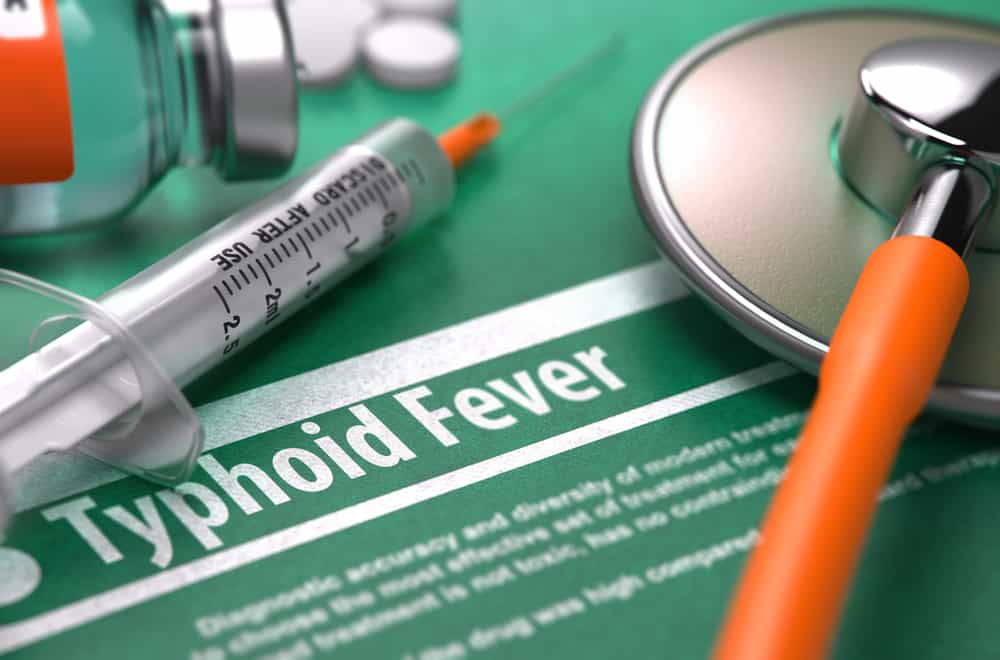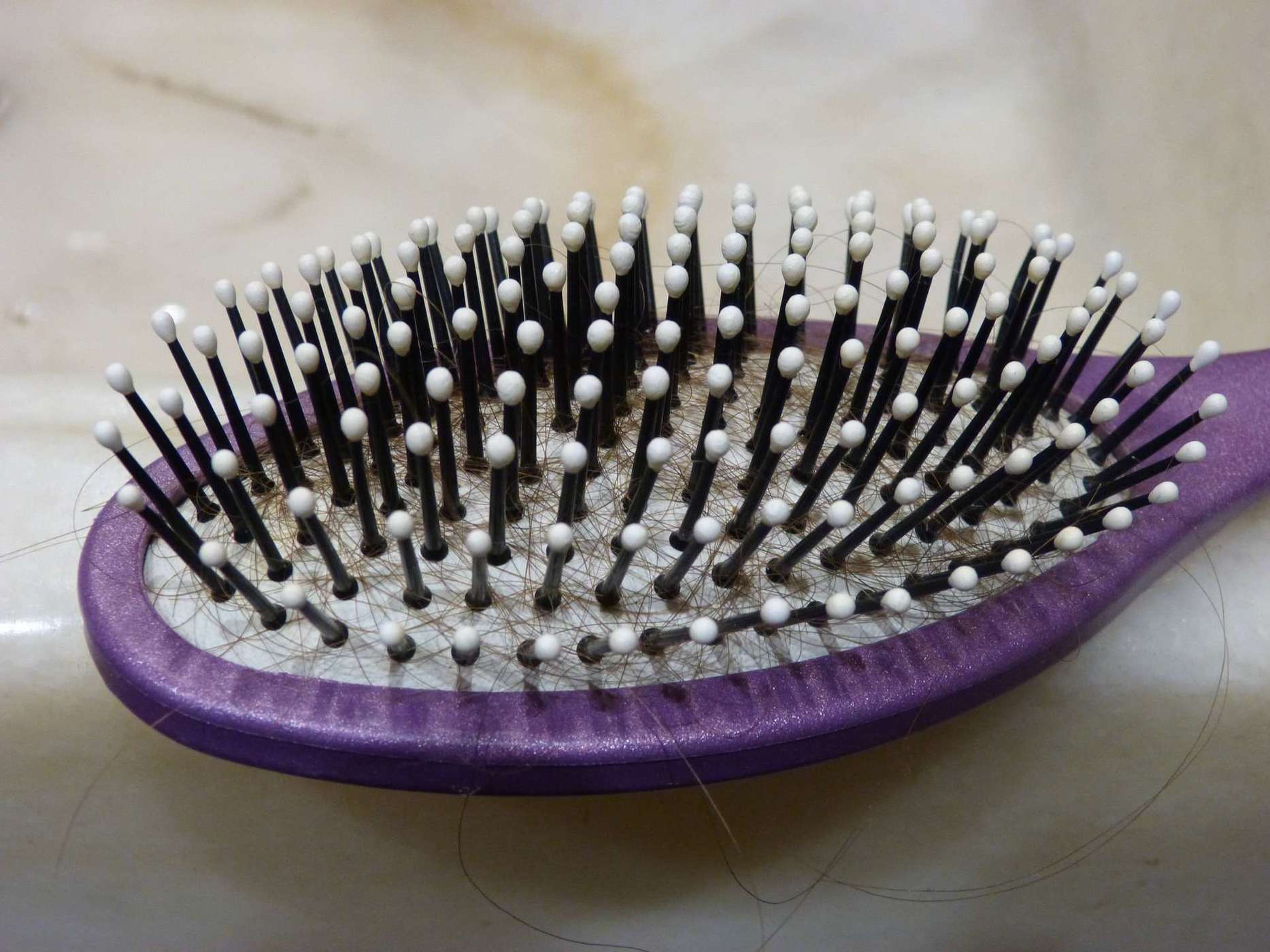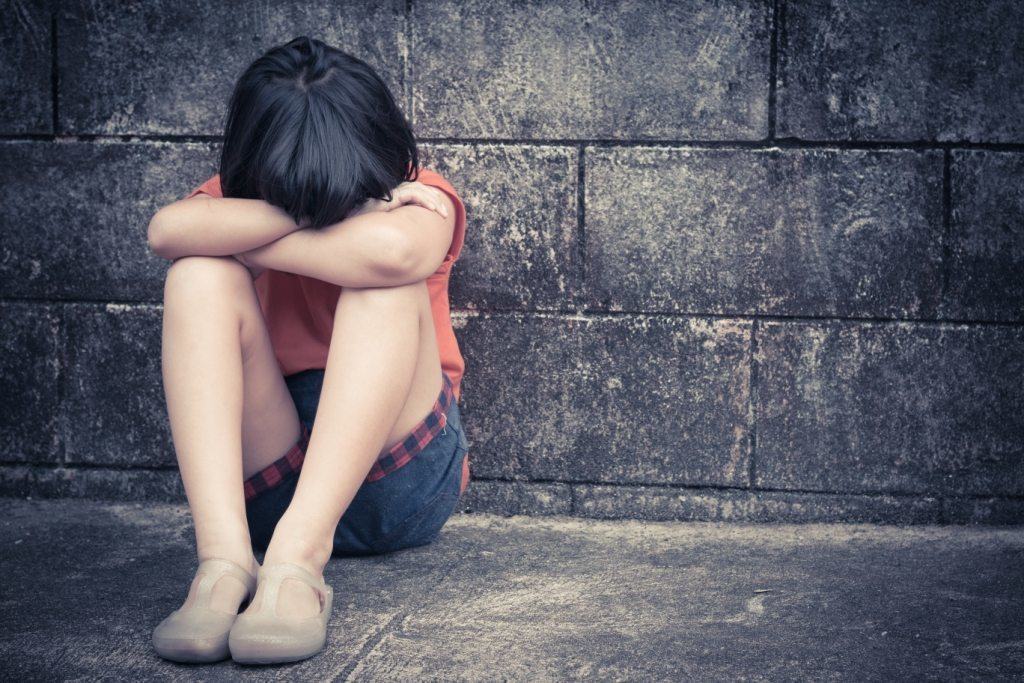Contents:
- Medical Video: Management and Treatment of COPD
- What are the symptoms of typhoid for people with typhoid fever?
- 1. Treatment of typhoid symptoms at home
- 2. Treatment at the hospital
Medical Video: Management and Treatment of COPD
According to a study conducted in 2008 by the Ministry of Health, 800 to 100 thousand Indonesians experience typhoid fever, better known as typhoid disease. Tipes or typhoid fever are diseases that occur due to bacterial infections salmonella typhi and generally spread through contaminated food and beverages. People who have typhoid fever will usually have high fever, diarrhea or constipation, headaches, and stomach aches. Then, what are the symptoms of typhoid medication? See the following article.
What are the symptoms of typhoid for people with typhoid fever?
Typhoid fever can worsen in a few weeks, if not treated properly. Tipes can cause complications such as internal bleeding or rupture of the digestive system (intestine). The risk of complications will also develop into life-threatening if the situation is not immediately handled properly.
1. Treatment of typhoid symptoms at home
A person diagnosed with typhoid fever in mild symptoms of typhoid requires 1-2 weeks of treatment with prescription antibiotic tablets. Even though the body will begin to improve after 2-3 days taking antibiotics, you should not stop consuming before the antibiotics run out. This is important to ensure that bacteria are completely lost from the body. The usual antibiotics for typhoid symptoms are quinolones, cephalosporins, chloramphenicol, thiamphenicol, sulfa, and others.
In order for your body to recover quickly and prevent the risk of typhoid coming again, make sure you undergo simple steps that might be a powerful symptom medication for you, the following:
- Get enough rest, stop all work or school activities
- Eat regularly. You can eat as often as possible in a small amount compared to eating large portions three times a day
- Meet nutritional needs by eating soft, nutrient-rich foods
- Avoid foods that are too acidic, spicy, oily and fatty
- Drink lots of water
- Wash your hands regularly with soap and warm water to reduce the risk of spreading infection
- Maintain clean food or drinks, and cutlery
2. Treatment at the hospital
Hospital treatment is highly recommended if you experience severe symptoms of typhoid, such as continuous vomiting, severe diarrhea, and experiencing extreme stomach pain. Hospital antibiotics will usually be given as an injection. If needed, fluid and nutrient intake will also be inserted into the vein through an IV.
You may need to take antibiotic treatment until the results of tests on feces and urine are completely clean of bacteria that cause typhus. Infusion is given because typhoid treatment performed in hospitals is generally accompanied by continuous vomiting, severe diarrhea, and flatulence.
A fluid filled infusion is given to prevent dehydration due to diarrhea symptoms. Patients with children who have typhoid fever can be recommended to go through hospital care as a precaution.
In a small number of cases, surgery may be needed if there are life-threatening complications, such as internal bleeding or damage to the digestive system. Almost all conditions of people who experience typhoid fever gradually improve after being treated in the hospital for 3-5 days. The body will recover slowly even after weeks of infection until you fully recover. Antibiotics are the most effective symptom symptom to use.












